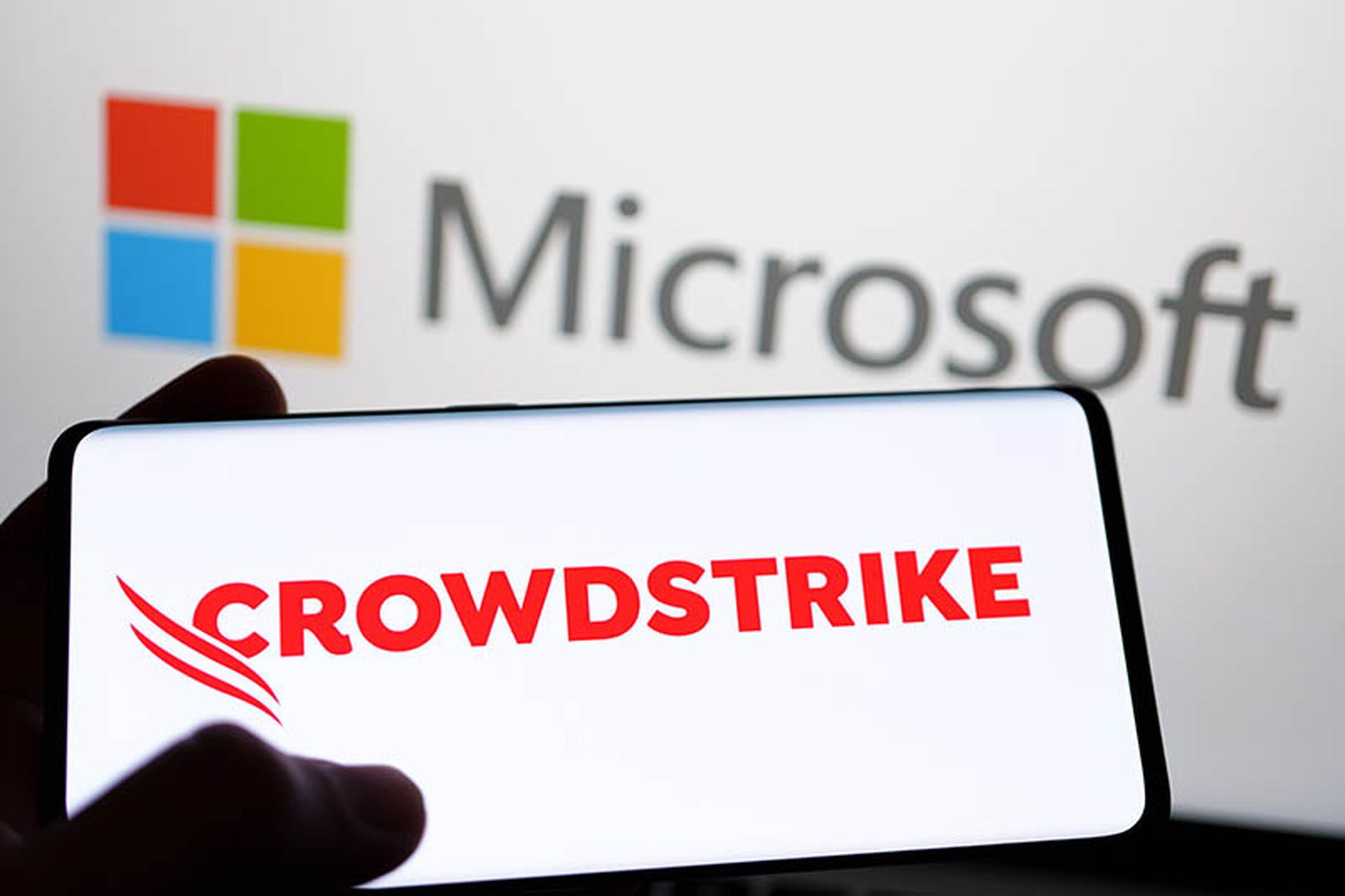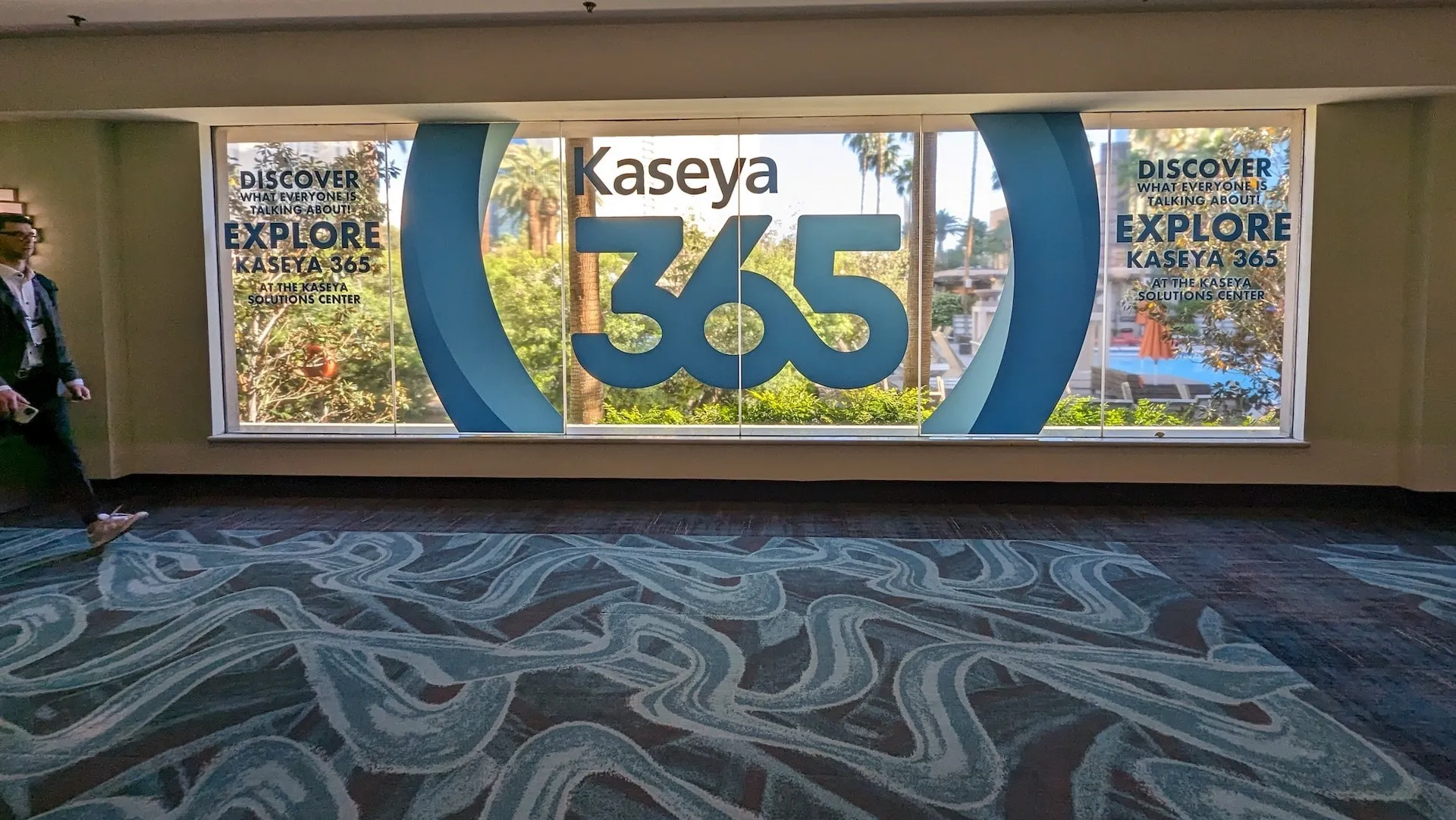When you are working on a service desk, one of the most frustrating things is dealing with a ticket that you just can't fix or figure out. You can end up spending hours on a single issue, while the rest of your work starts to pile up, causing you to get behind.
Establishing some rules for escalation within your MSP or IT services firm can really help keep the service desk moving through tickets at an appropriate pace. These rules can also help make technicians feel better about having to escalate a ticket. I would always work a ticket until I absolutely could not figure it out, when the ticket may have been resolved much more quickly if I had escalated it sooner.
Here are five MSP service desk and trouble ticket escalation rules to potentially embrace
1. You've reached a specific time limit
By far, setting a time limit for escalation is one of the best ways to keep the wheels of the service desk rolling along. Depending on your staffing and the load typically placed on the service desk, your ticket time limit could be an hour, while another company uses 2 or 3. Whatever ends up being right for your company, should be written down and agreed to by all involved technicians. When the time limit is reached, escalation should take place, or the technician should discuss with the escalation team or person to work out a solution at that time.
2. Outside your skill set
Sometimes a ticket can come in that is completely outside of your skill range. Your company should create a policy that states what will happen in these situations. In some cases, it can be a great learning experience for the tech to try and tackle the issue first and then handoff to the escalation team once they have exhausted their skill set.
3. Client is frustrated
Clients and technicians sometimes just don't connect well, and the client can become frustrated with a specific person. Whether it is from previous experience with the technician, or the tech said something the client didn't like or had an attitude with the customer, or the chemistry between them just was not a fit. In these cases, it is best to escalate the ticket fairly quickly so the customer can have a better experience.
4. Part of a project
During a project, or right after one is thought to be completed, tickets can come in that are directly related to what happened, or is happening, during the project. These tickets should be directed right back to the project team. They are the most familiar with everything that is going on and should be made aware of issues their work has caused so they can fix them, and maybe even change their processes for next time so it doesn't happen again.
5. Requires an onsite visit
I always said that anything can be fixed remotely short of Internet connection problems and hardware issues. These kinds of tickets should be escalated fairly quickly, but there are also times when onsite visits are necessary beyond those issues. Sometimes the user can be difficult in trying to find a time to work on the issue, or it will be quicker to resolve the issue in person. In these situations escalating to the onsite team can really improve your relationship with your clients. Customers love when the onsite team visits, and will usually have several other issues for you to look at while you are there. Getting in some face time occasionally can give your clients confidence that they have selected the right MSP.
When your company has clear cut reasons for escalation, it can take the burden off of the technician trying to solve an issue that is beyond their skills or ability to fix at the moment.





